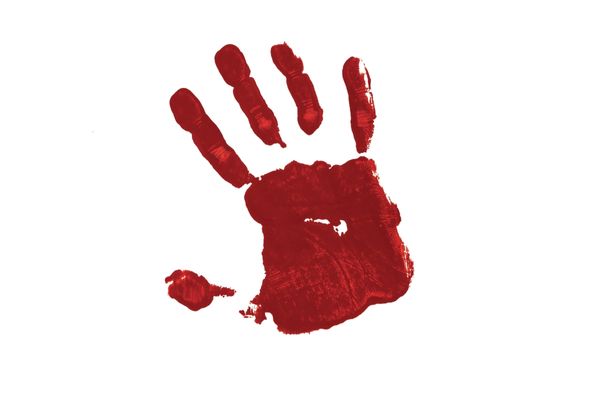
- Details
- By Native News Online Staff
The recommendations, compiled by the Arizona House Ad Hoc Committee on Missing and Murdered Indigenous Peoples, are the result of five hearings the committee hosted over three months for Arizona’s Indigenous communities to share how the MMIP crisis has impacted them. The final hearing took place on Dec. 15
 Make A Donation Here
Make A Donation Here
The committee includes Arizona lawmakers and tribal representatives and was launched in 2019 to focus on missing and murdered Indigenous women and girls. The committee re-launched in Oct. 2022 with an expanded mission to investigate violence against all Indigenous people, including men, boys, Two-Spirit and LGBTQ.
Recommendations fall into nine key areas: Legislative, administrative, Arizona victim compensation program, victim services, data improvement, resource allocation, training and education, collaborative and law enforcement. There are a total of 83 recommendations.
The report’s primary recommendation is from a list of previous recommendations released in 2020: to establish a permanent MMIP-focused state office led by Native peoples that partners with urban Indian centers and each of Arizona’s 22 tribes.
Want more Native News? Get the free daily newsletter today.
Other notable recommendations include:
- Developing approaches to close law enforcement gaps while respecting tribal sovereignty.
- Establish a Victim Compensation Board representative of tribal jurisdiction; offer survivors and family members of MMIP wrap-around services from a network of services.
- Establish methods and protocols for tracking, gathering and collecting data on violence against Indigenous peoples, including data on MMIP, by tribal affiliation.
The committee’s work in 2019 and 2020 led to two legislative advances. House Bill 2098 — the missing child statute bill — resulted from the committee discovering that each jurisdiction has various standards for reporting missing children. The 2021 law makes it mandatory for law enforcement agencies in Arizona to report missing, kidnapped, or runaway children to the National Center for Missing and Exploited. Children. House Bill 2604, passed this year, increases the duration of a personal protection order from one year to two years and extends the time of emergency protection to seven calendar days after issuance. Additionally, the bill reduces barriers for victims in rural communities by granting emergency protection orders over the phone if court is closed.
While there is a lack of comprehensive data available to paint an accurate scale of the MMIP crisis, according to a 2022 Congressional Research Service Report , there were 9,560 cases involving missing or murdered Indigenous people reported in 2020 alone.
More Stories Like This
Native News Weekly (August 25, 2024): D.C. BriefsNavajo Nation Mourns the Passing of Former Vice President Rex Lee Jim
Deb Haaland Earns Endorsement From Communications Workers of America Local 7076
University Soccer Standout Leads by Example
Two Native Americans Named to Democratic Congressional Campaign Committee's“Red to Blue” Program
Help us defend tribal sovereignty.
At Native News Online, our mission is rooted in telling the stories that strengthen sovereignty and uplift Indigenous voices — not just at year’s end, but every single day.
Because of your generosity last year, we were able to keep our reporters on the ground in tribal communities, at national gatherings and in the halls of Congress — covering the issues that matter most to Indian Country: sovereignty, culture, education, health and economic opportunity.
That support sustained us through a tough year in 2025. Now, as we look to the year ahead, we need your help right now to ensure warrior journalism remains strong — reporting that defends tribal sovereignty, amplifies Native truth, and holds power accountable.
 The stakes couldn't be higher. Your support keeps Native voices heard, Native stories told and Native sovereignty defended.
The stakes couldn't be higher. Your support keeps Native voices heard, Native stories told and Native sovereignty defended.
Stand with Warrior Journalism today.
Levi Rickert (Potawatomi), Editor & Publisher

